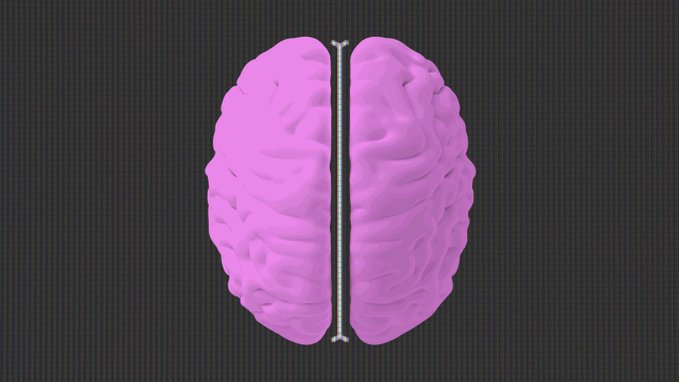
You’ve heard the binary, change-the-world debate over generative AI: It’ll either destroy us — or transform us into a happier, more hyper-creative and productive species.
- Why it matters: After spending a month talking confidentially to a dozen or so experts behind the technology, I’m convinced we should choose a third way. Be a deeply curious — and clear-eyed critical — AI realist.
Here’s the blunt reality:
- There’s a simple law of business and technology: If it can be built, it will be built. The idea that countries, companies or individuals will simply pause their work seems silly. They won’t.
- There’s a simple rule of modern governance: Technology always outruns regulation. The idea of a divided government locking arms to smartly regulate this AI seems silly. No chance.
So be a realist: This technology is coming at a velocity almost no one outside AI companies fully realizes. We’re talking months — not years — before impact.
- And it will rock your world. At first, gradually. Then, suddenly.
💡 First to get hit: Basically any job that involves writing or coding; creativity; information synthesis; or sifting through large sets of data or info (lawyers, researchers, etc.).
- Soon, the AI machines will do a lot of this better than 99% of humans — because they ate the totality of human information on the internet to predict your next thought, word or move.
So take the time to understand the technology through a realist’s lens:
- Don’t be blindsided. Rarely do you get a quick heads-up your world will soon be upended. There’s terrific coverage of this on Axios, on podcasts and in specialty newsletters like Casey Newton’s Platformer.
- Try it. Rarely do tech-impaired dopes like me get to play with a new technology before it’s fully formed. Hop on here … or here … or here … and give it a try.
- Think bigger. Don’t get tricked into believing that today’s limitations and glitches will last long. When Google and Microsoft each throw tens — and ultimately hundreds — of billions of dollars at something, it gets a lot better, fast. Focus on what it can be, not what it is.
- Don’t buy the utopian view. Read and listen to optimists like Reid Hoffman and Sam Altman. But realize they’re very purposely trying to combat the dystopian critiques and show people sunnier possibilities. They understand the dangers — but want to focus your mind on healthy and happy uses.
- Don’t buy the dystopian view, either. These machines will undoubtedly spread more misinformation, more mindless distraction, and more job-killing. Sorry, this is what mass-distribution tech unleashes. But doom-thinking blinds us to seeing more clearly how to use AI for good.
